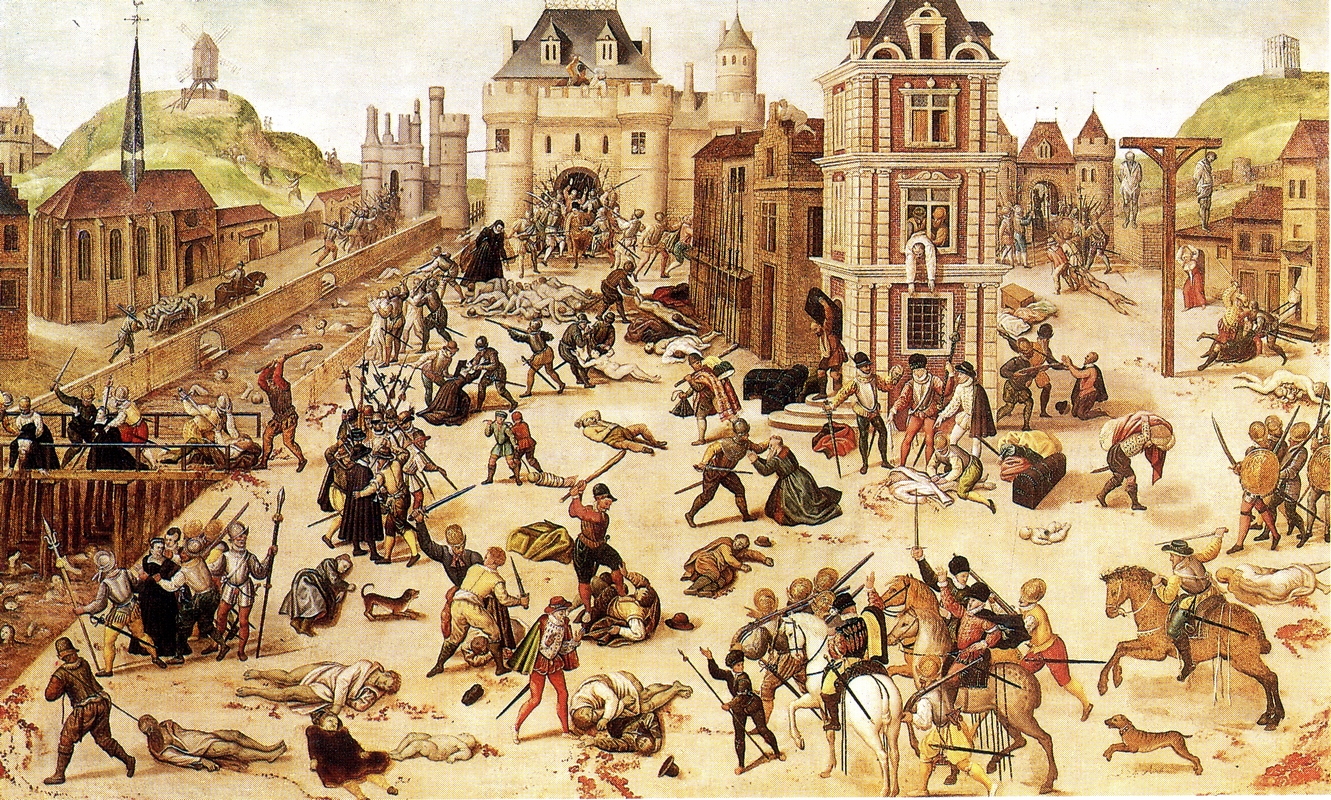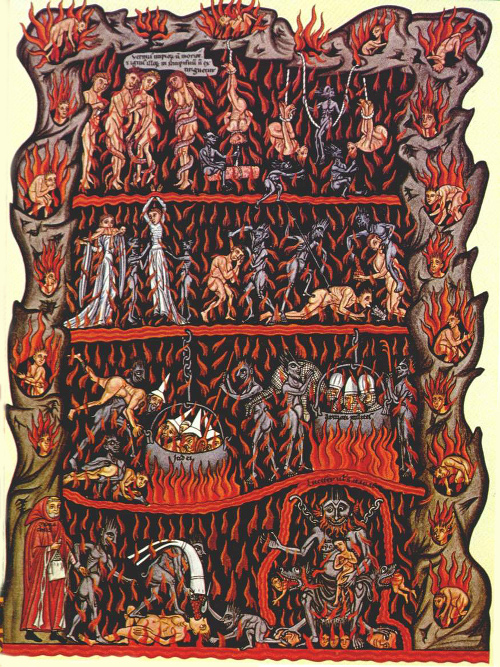There is no official single Emerging Church or Emerging Church doctrine…
“…stick to the essentials of the Christian faith”? Exactly what are these essentials? Where are they defined if not in scripture?
Is a doctrinal creed that outlines a church’s belief a good thing or a bad thing?
I heard mention of a something termed “the emerging church” this morning on Christian radio, how it threatens to corrupt traditional Christian teachings.
My first question is who defines what this “emerging church” thing is? Matt Slick, in his article “What is the Emerging Church?” captures the dilemma with a couple of statements. “Obviously, it is difficult to define precisely what is emerging and what is not.” and “There is no official single Emerging Church or Emerging Church doctrine, so there is no unified structure to examine.”
In his conclusion he expressed his concern that “Even though there are some pastors in the Emerging Church Movement that are true to Scripture, the movement as a whole needs to stick to the essentials of the Christian faith; otherwise, in spite of its proclamation to renew Christianity afresh, it will become stale and heretical.”
(see article What is the Emerging Church)
“…stick to the essentials of the Christian faith”? Exactly what are these essentials? Where are they defined if not in scripture? Who defines scripture if not the spirit of God (2 Pet 1:20)? Which pastor of which Christian denomination has authority to interpret scripture for those being “tossed here and there by waves and carried about by every wind of doctrine, by the trickery of men, by craftiness in deceitful scheming”? (Eph 4:14)
How is Matt’s fear of encroaching beliefs corrupting faith in his church different from Mormon Apostle Bruce R. McConkie expressing a similar train of thought by addressing BYU students with, “gaining a special, personal relationship with Christ… is both improper and perilous”, and instead, “the proper course for all of us is to stay in the mainstream of the Church”? (Our Relationship with the Lord – BYU Speeches, Bruce R. McConkie, 2 March 1982)
From his talk I honestly have no idea what McConkie means by his counsel to “stay in the course charted by the Church”. What is that course, exactly? Where is it defined?
Again, Matt Slick reveals what I feel is at the root of the problem. He lists one of the problematic “Emerging Church Characteristics” as “A de-emphasis on absolutes and doctrinal creeds”
You see, without a creed or statement of beliefs, who can decide what falls outside of established doctrine or practices? Yet, as soon as you create a creed or statement of beliefs, insofar as you fail to encompass all the mind of God within that statement, you place a limit on what can be accepted as “true doctrine” once you step outside that box.
Joseph Smith was very much against a Mormon Creed. He remarked that the Methodists “have creeds which a man must believe or be kicked out of their church. I want the liberty to believe as I please, it feels so good not to be tramelled. It does not prove that a man is not a good man because he errs in doctrine.” (Rough Stone Rolling, Bushman) (History of the Church, vol 5, pg 340)
Joseph felt that creeds set limits, “and say ‘hitherto shalt thou come & no further’ — which I cannot subscribe to.” He explained that the difference between the Christian sects and The Latter Day Saints was that the sectarians “were all circumscribed by some peculiar creed, which deprived its members the privilege of believing anything not contained therein; whereas the Latter Day Saints had no creed, but are ready to believe all true principles that exist, as they are made manifest from time to time.” (Rough Stone Rolling, Bushman, p. 285)
So, is a doctrinal creed a good thing or a bad thing? Ask yourself what motivation is there in creating a creed if not to seek to control to some degree how others should behave or believe?
Personally I feel the dangers of establishing a creed is limiting and more dangerous than allowing the scriptures to speak for themselves. Let truth manifest itself where and when it may, inside or outside any emerging church, established religion, book of scripture or statement of belief. In the end, for each of us, our path to God is individual and deeply personal.


